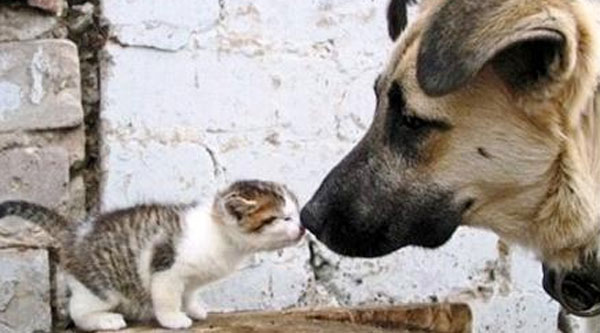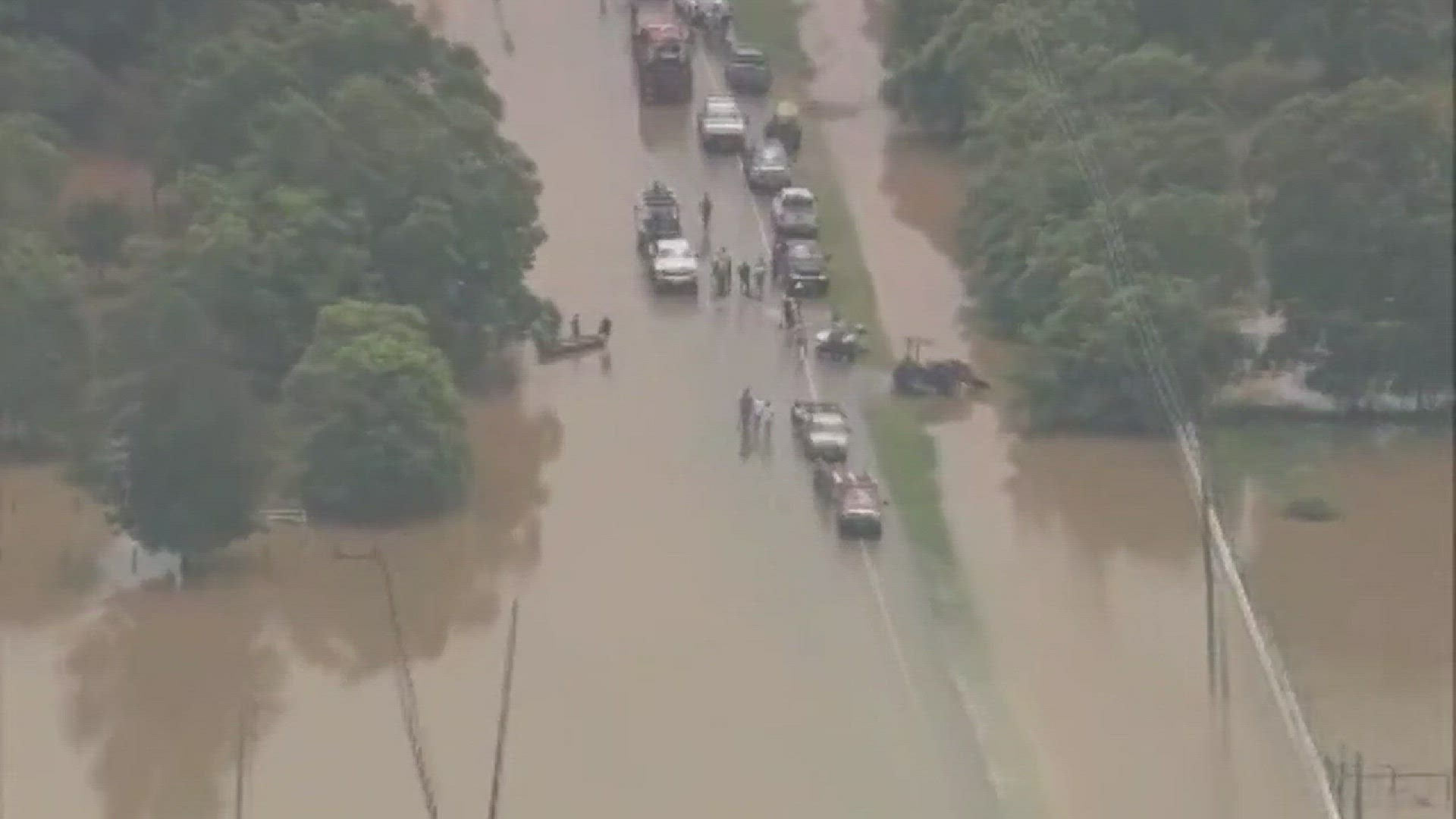As Hurricane Harvey approaches the Texas Coast, the Houston SPCA advises residents to prepare now by making a pet care plan.
Creating a pet care plan along with a pet preparedness kit will minimize the chance that a pet is lost or injured and will protect their well-being during a disaster. To safeguard pets during a disaster the Houston SPCA recommends the following tips:
Identification: Ensure the pet wears a collar (with up-to-date information or tag) and/or has a microchip to make it easier to reunite the animal with its owner should they be separated during an emergency.
- Vaccinations & Medications: All pets should be current on their shots. Keep a copy of rabies and vaccination records along with other veterinary documents sealed in a plastic bag, as well as one-month supply of the pet’s regular medications.
- Food & Water: Keep a two-week supply of pet food and bottled water, non-spill food and water bowls and a manual can opener.
- Pet First Aid Kit: Should include a pet first aid book, self-cling bandage (bandage that stretches and sticks to itself but not to fur—available at pet stores and from pet-supply catalogs), muzzle or strips of cloth to prevent biting (do not use if your pet is vomiting, choking, coughing or having difficulty breathing), absorbent gauze pads, adhesive tape, antiseptic, sterile saline solution, hydrogen peroxide (to induce vomiting—do this only when directed by a veterinarian or a poison-control expert), ice pack, non-latex disposable gloves, petroleum jelly (to lubricate the thermometer), rectal thermometer (your pet's temperature should not rise above 103°F or fall below 100°F), scissors (with blunt ends) and a blanket or towel.
- Sleeping quarters: Keep your pet’s bed away from windows or shelving to protect them from shattering glass or falling objects.
- Crates: Every pet should have a crate or kennel. Pack the crate with a familiar blanket—the “home” scent can help to reduce anxiety. Be sure to familiarize your pet with their crate so they recognize it as a “safe place.”
- Evacuation: Do not leave your pet behind. Identify a place you can evacuate your pet to such as a boarding facility, veterinarian office, pet-friendly lodging or a friend/relative that may be able to temporarily care for and shelter your pet. If your household also includes horses or other large animals identify a plan to temporarily relocate them. Houston SPCA works in cooperation with the American Red Cross and designated evacuation locations to shelter dogs, cats and small companion animals during emergencies.
- Check your yard – Make sure all fencing is secure and all holes and potential escape routes are blocked
- Plan ahead – Identify animal shelters, local boarding facilities, veterinarians, motels and friends or relatives that may temporarily house your pet after a disaster.
The nonprofit agency also recommends that pet owners photograph each pet and store these pictures with other important documents in sealed/waterproof plastic bags.
Dogs should wear nylon or leather collars only. Never place tags on training collars or choke chains. Cats should wear a breakaway/safety collar.
Take your pet's favorite toy or blanket with you to help minimize his/her stress.
If you must evacuate, take your pet with you. If conditions are unsafe for people, they are unsafe for pets. Pet owners should identify an evacuation route and make temporary housing arrangements before a storm hits.
Click here for pet-friendly hotels.
It is particularly important to plan for horses and other farm animals. Their size, shelter and transportation needs make planning crucial.
For more information on what you should do to help keep your animals safe this hurricane season, including a complete disaster preparedness checklist, visit www.HoustonSPCA.org.



